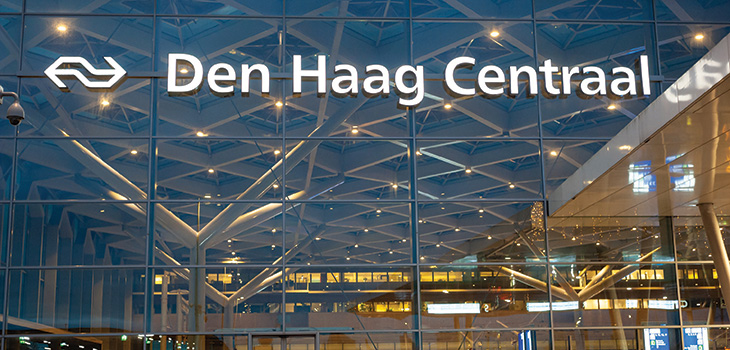
The convention simplifies cross-border enforcement of civil and commercial judgments, plugging post-Brexit gaps left by the Brussels and Lugano regimes. Hague 2019 complements Hague 2005 (on jurisdiction clauses) and introduces a new CPR 74.4(7) process for registration.
However, Roe warns of challenges: the convention excludes key areas like IP, family law, and arbitration, and relies on ‘indirect jurisdictional filters’ that may be inconsistently applied. Without a central interpretive body like the CJEU, national courts may diverge on key definitions, risking fragmentation. Article 29 opt-outs could further erode multilateralism.
While the convention is a step forward, its success hinges on judicial coherence and broader international uptake—especially from the US, which has signed but not ratified.










